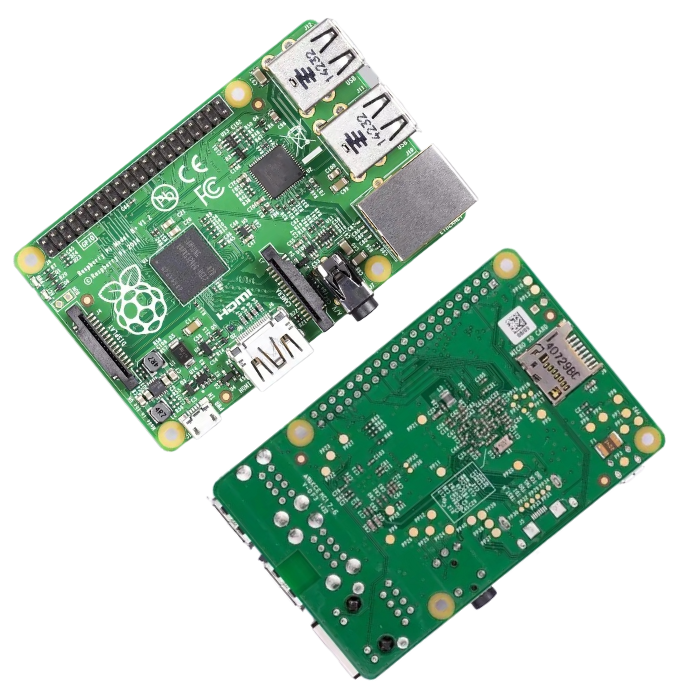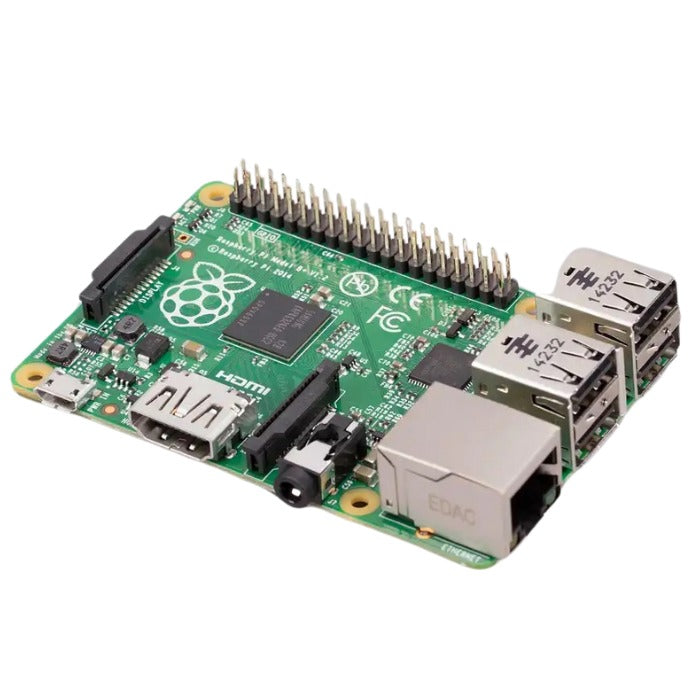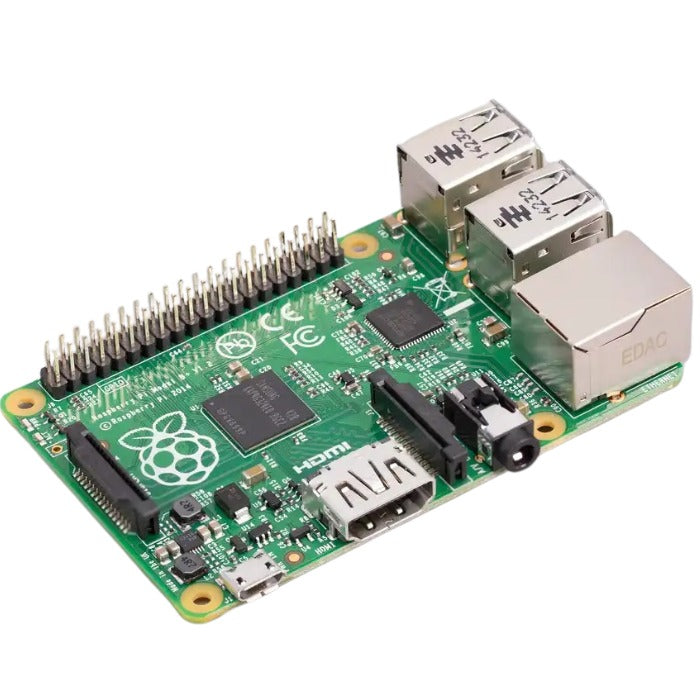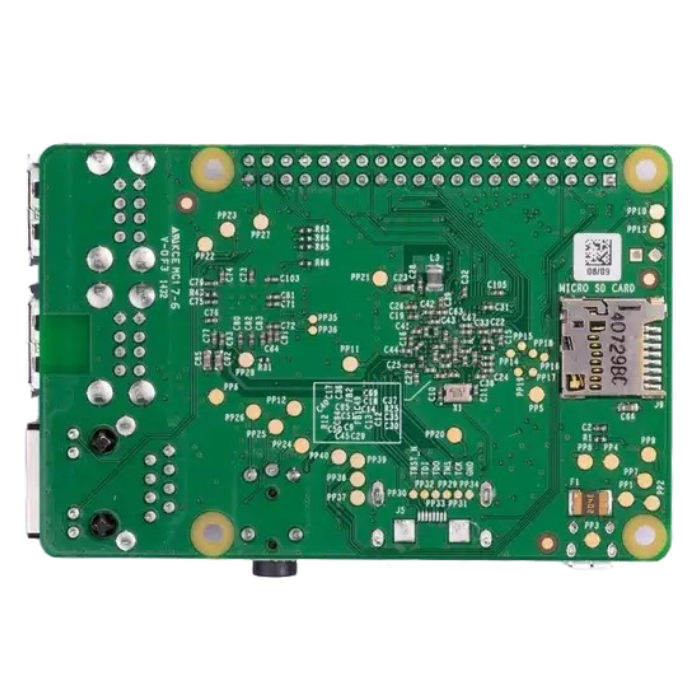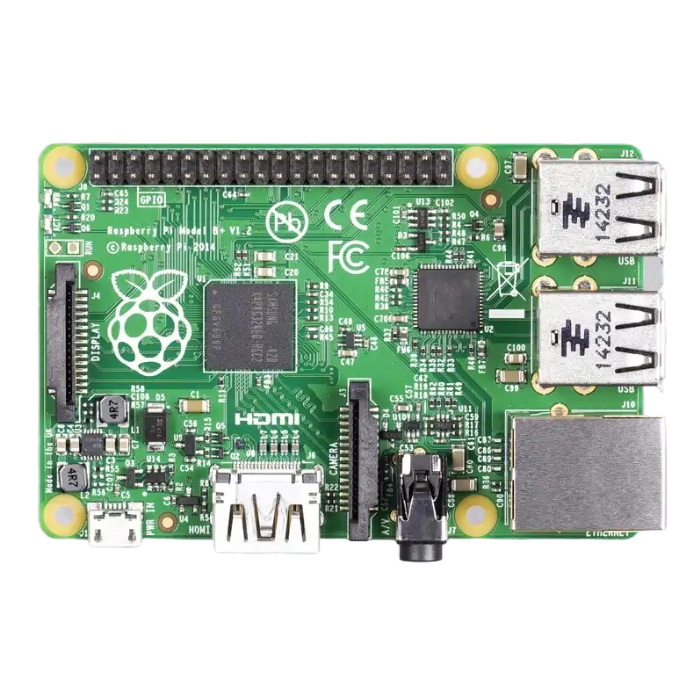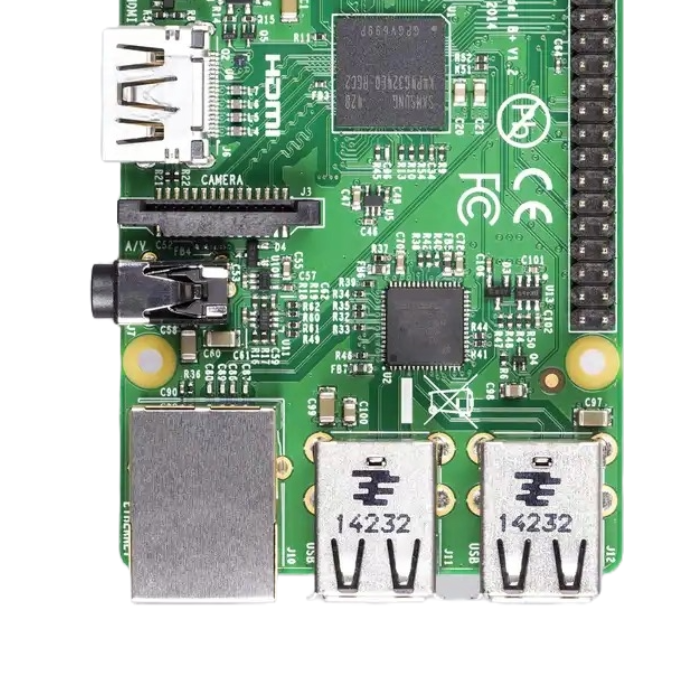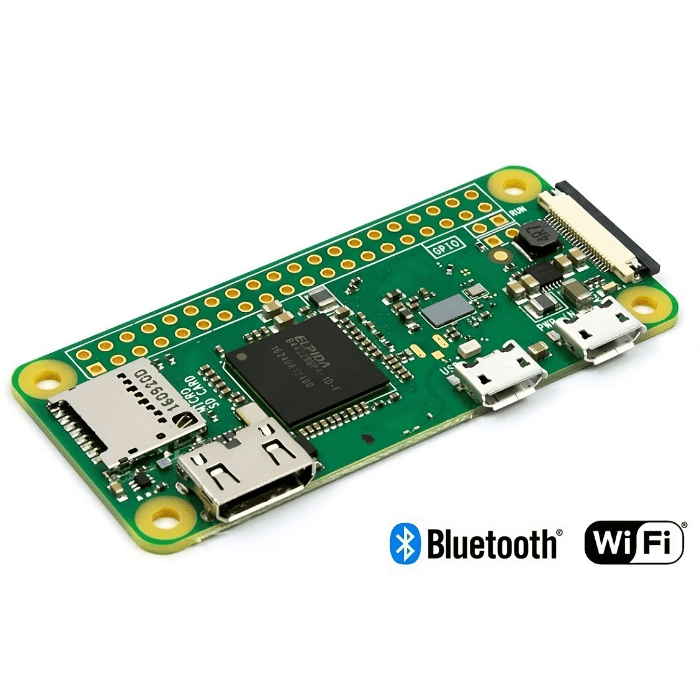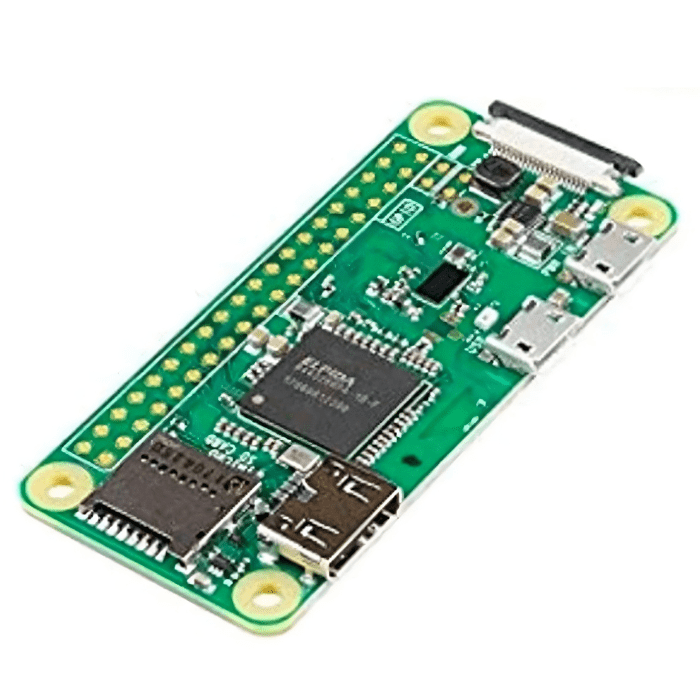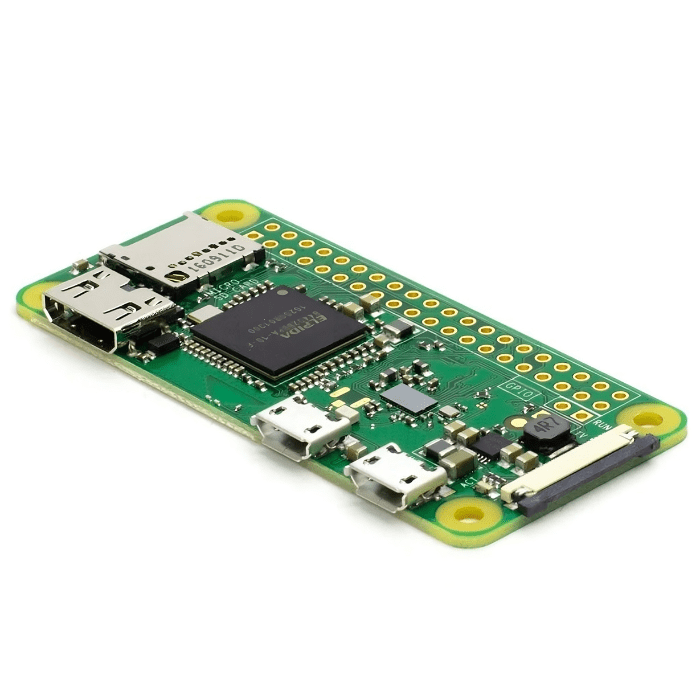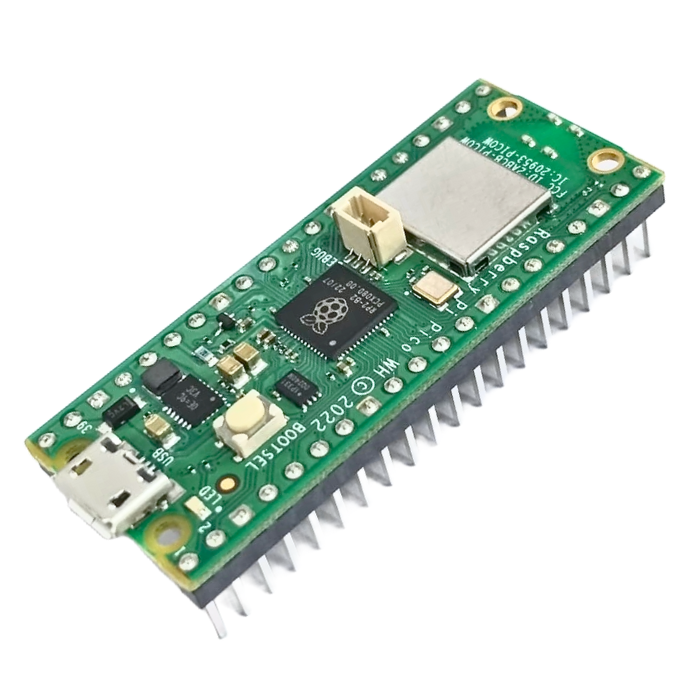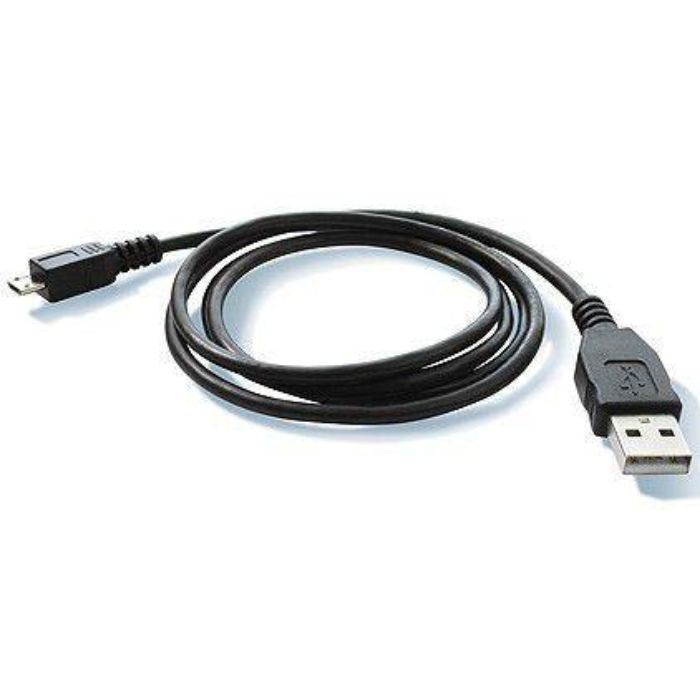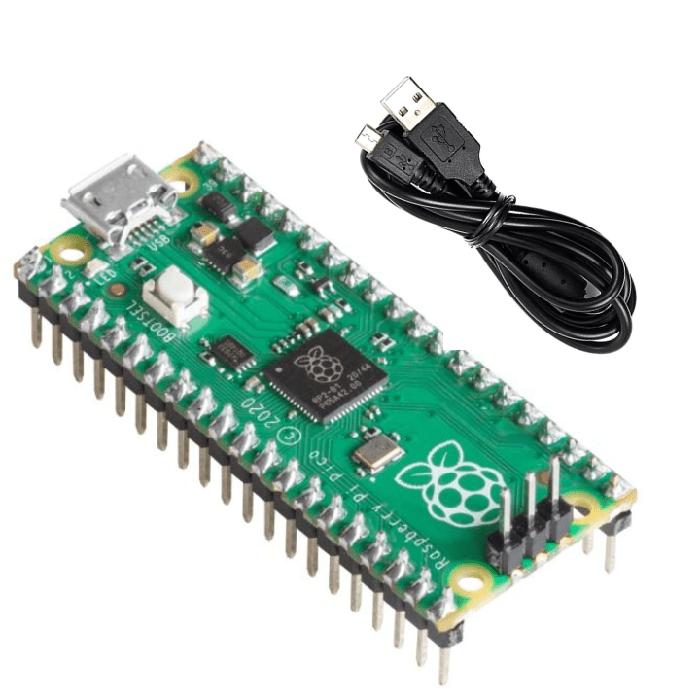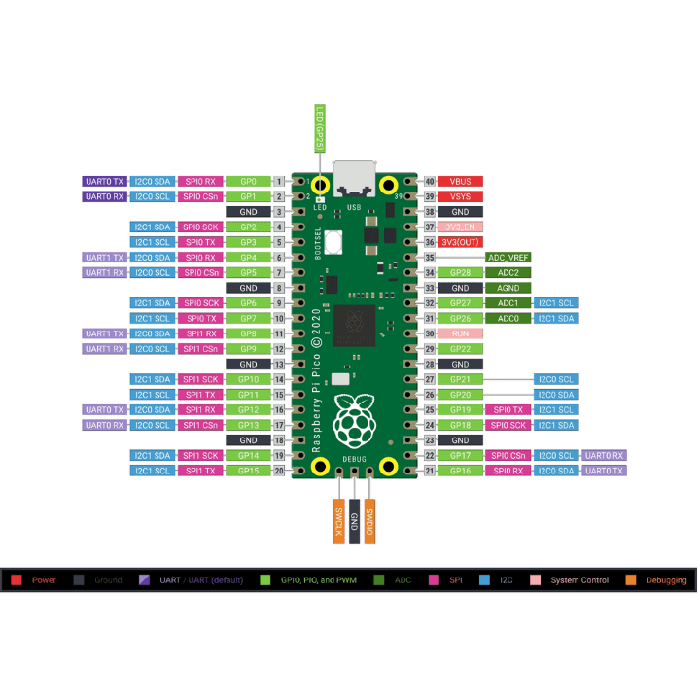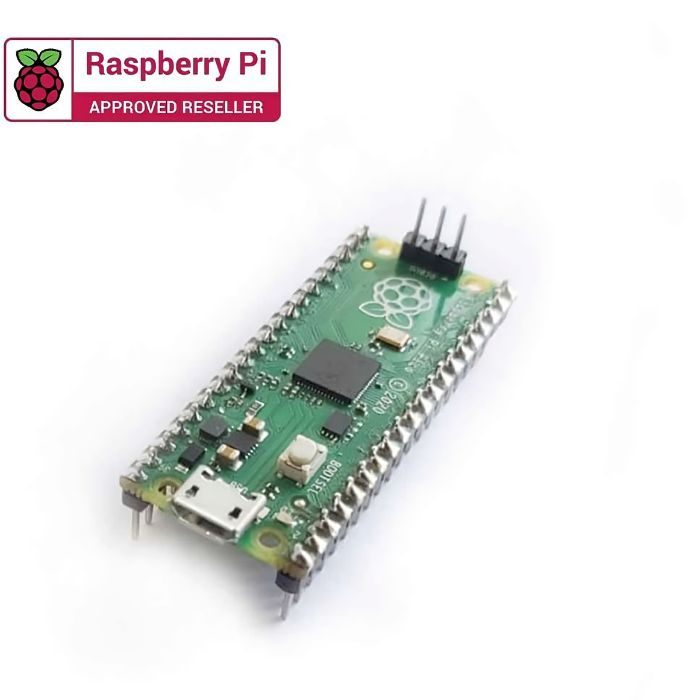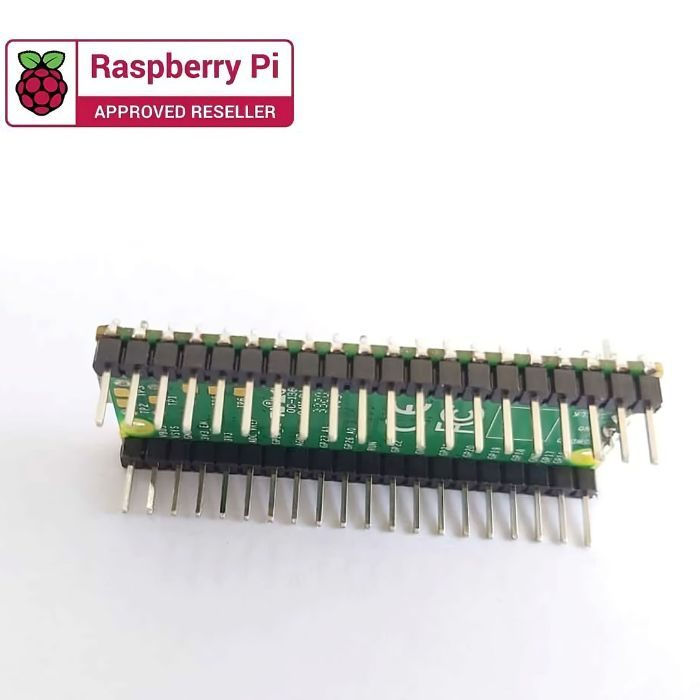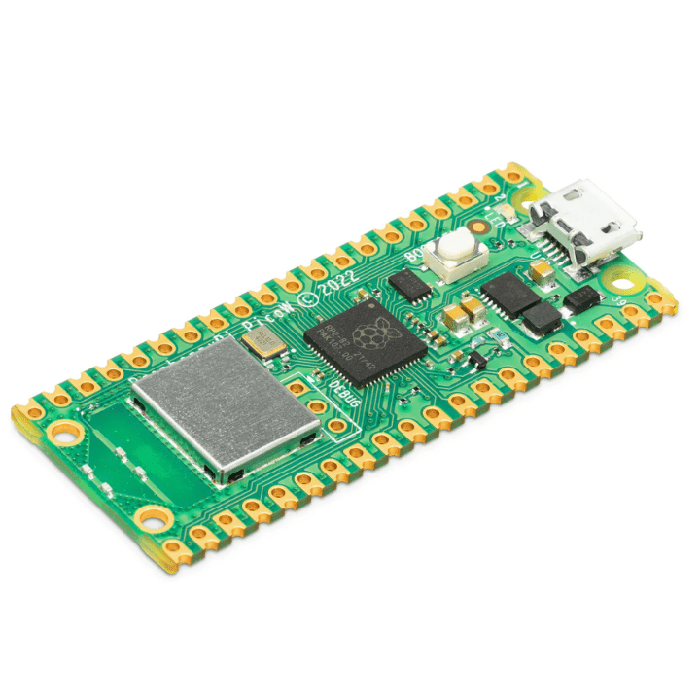Raspberry Pi Pico W
Official Raspberry Pi Pico W The Official Raspberry Pi Pico W is an excellent addition to the Pico family, now with WiFi capabilities! It is powered by the RP2040 microprocessor, which has a 130 MHz dual-core processor. It also has 2MB of storage and 512KB of memory, which gives you plenty of space to work on projects. What makes it stand out is the built-in WiFi. You can connect it to the internet or use it as a hotspot, which is perfect for smart home or IoT projects. It has 26 GPIO pins, with a few that can handle analog signals, and a USB C port for connecting devices easily. With simple guides and Micro Python support, it’s easy for anyone to get started. It's small, powerful, and ready for all kinds of creative projects! Check out this project of making TinyML DIY Fitness Tracker using Raspberry Pi Pico Key
- Powered by RP2040 system-on-chip (SoC) based on two Arm Cortex-M0+ cores running at 133MHz.
- Features 2MB of onboard flash storage, 264kB of RAM, and 40 pins.
- Including three analog inputs and the unique Programmable I/O subsystem.
- Features onboard Wi-Fi connectivity to use in a variety of exciting IoT projects.
- Features fast cores, large memory, and flexible interfacing.
- 2×SPI, 2×I2C, 2×UART, 3×12-bit ADC, 16×controllable PWM channels.
- 8×Programmable IO (PIO) state machines for custom peripheral support.
- 1 x Raspberry Pi Pico W
- RP2040 microcontroller chip
- Dual-core ARM Cortex M0+ processor
- flexible clock running up to 133 MHz
- 264kB of SRAM, and 2MB of onboard Flash memory
- On-board single-band 2.4GHz wireless interfaces (802.11n)
- Castellated module allows soldering direct to carrier boards
- USB 1.1 Host and Device support
- Low-power sleep and dormant modes
- Drag & drop programming using mass storage over USB
- 26 multi-function GPIO pins
- 2×SPI, 2×I2C, 2×UART, 3×12-bit ADC, 16×controllable PWM channels
- Accurate clock and timer on-chip
- Temperature sensor
- Accelerated floating-point libraries on-chip
- 8×Programmable IO (PIO) state machines for custom peripheral support






